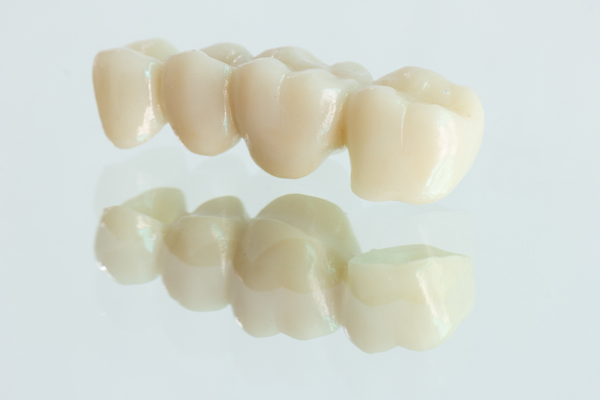Wisdom Tooth Extraction: Is it Painful?
is common as a lot of individuals experience eruption. The procedure is known to induce anxiety because it does require pulling teeth. However, modern technology has allowed for better techniques, which reduce recovery times and pain. Pain is typically the most common concern of wisdom tooth extraction and rightly so! Keep reading to learn more about the pain associated with this procedure.
Does wisdom tooth extraction hurt?
Below is a quick overview of the pain that comes with a wisdom tooth extraction. When preparing for the procedure, it can be helpful to review the following information.
The procedure
Wisdom tooth extraction is relatively simple, so long as the teeth are not impacted. The dentist administers anesthesia so that the patient is unconscious. Then, the areas are numbed, which helps to avoid pain later. This is usually done via injection into the gums and soft tissues of the mouth. Finally, the wisdom teeth are removed from the jawbone. More often than not, the gums have to be cut into in order to access the wisdom teeth, which leaves the dentist needing to sew up the gums to ensure proper healing.
The pain
The pain associated with wisdom tooth extraction is afterward. Many are under the impression that they will feel pain during the procedure; however, that is very unlikely because most people are unconscious. In some rare instances, anesthesia may not be administered due to patient preference or health conditions; in this case, a strong pain medication would be provided before the procedure.
After wisdom tooth extraction, the entire oral cavity is going to be sore and very uncomfortable. A lot of people report a dull pain for a couple of days as the nerves of the wisdom teeth are left exposed and to essentially die. Additionally, the gums are often sore as a result because they must be opened to access the teeth.
After wisdom tooth extraction
Once wisdom tooth extraction is complete, patients are likely to feel the bulk of the discomfort. Thankfully, dentists have outlined a few ways to remedy and manage the pain.
- Avoid touching the wound site, except for gauze changes
- Use ice packs or cold compresses to reduce inflammation
- Take pain medication in moderation with food
- Avoid eating tough or hard foods that could open the wound
- Rinse the mouth gently with salt water to avoid infection, which could cause further pain
- Brush the surrounding teeth to ensure disinfection
Find out more today
Want to know more about what to expect from a wisdom tooth extraction? Talking to a dentist is the best place to start. Patients can ask questions or go over concerns that they have, which can be helpful when preparing for the procedure. The dentist can also go over pain management options, thus helping to ease nerves. Reach out today to get scheduled for an appointment or to learn more about the procedure.
Request an appointment here: https://www.northroadfamilydental.com or call North Road Family Dental at (770) 284-9171 for an appointment in our Snellville office.
Check out what others are saying about our dental services on Yelp: .
Recent Posts
Understanding more about wisdom tooth extraction and why it is necessary is a great idea. Many people need their wisdom teeth extracted from their mouths in order to support overall good oral health. This extra set of teeth can potentially cause problems with the existing teeth, making it necessary for anyone whose wisdom teeth are…
A wisdom tooth extraction is not something that most people look forward to. However, it is often necessary to relieve pain and ensure good oral health. With that, it is important to know when to get wisdom teeth extracted. Everyone's mouth is different, meaning that everyone will experience impacted wisdom teeth at different times, and…
Those who have a missing tooth have likely heard a lot about the effects of missing teeth and replacement options. Replacing a missing tooth is more than just improving the smile’s appearance. To fully get the importance of tooth replacement, it is crucial to understand the effects of leaving the tooth unreplaced. This article covers…
Dental implants are often used to replace individual teeth but can also offer multiple teeth replacement options. Such options include cantilever bridges, implant-supported bridges and implant-supported partials.Depending upon the condition of the person's gums and jawbone, a single implant can sometimes be placed to support two adjacent teeth. More commonly, multiple implants are used to…


